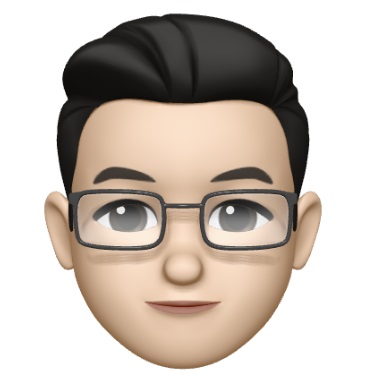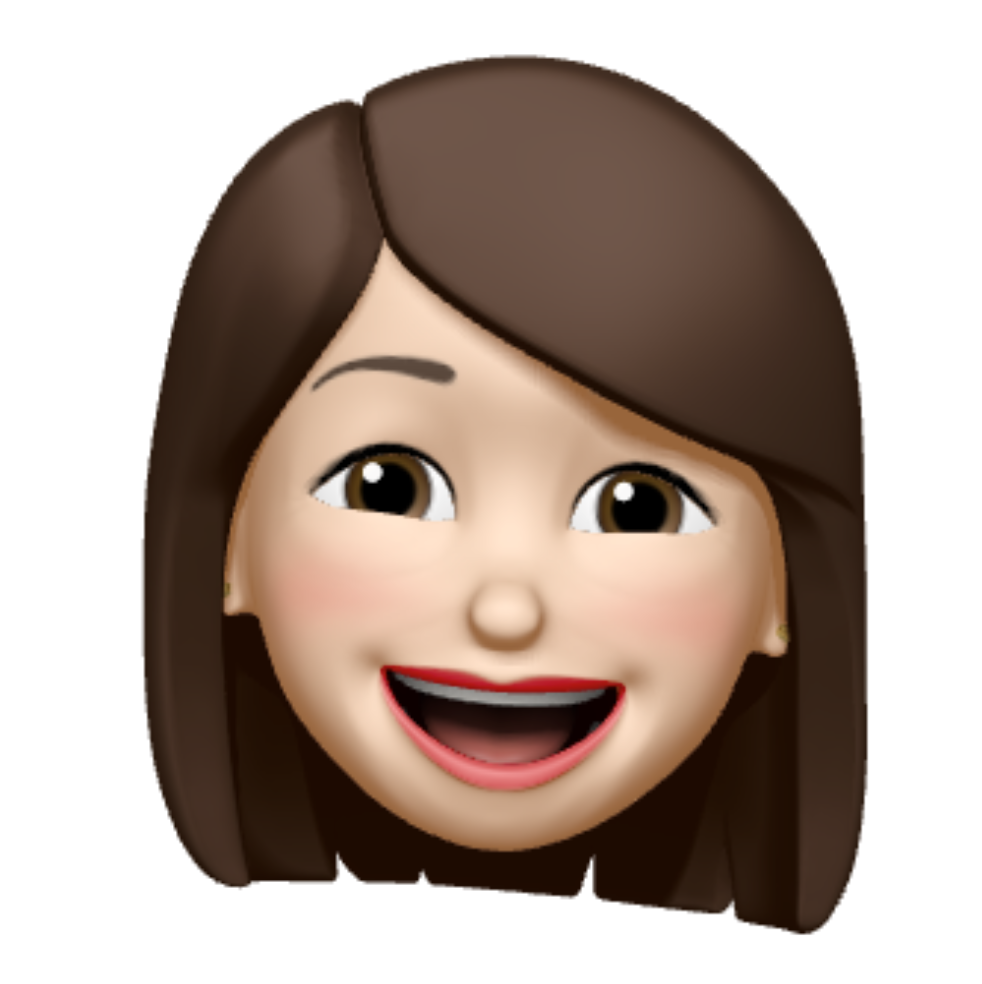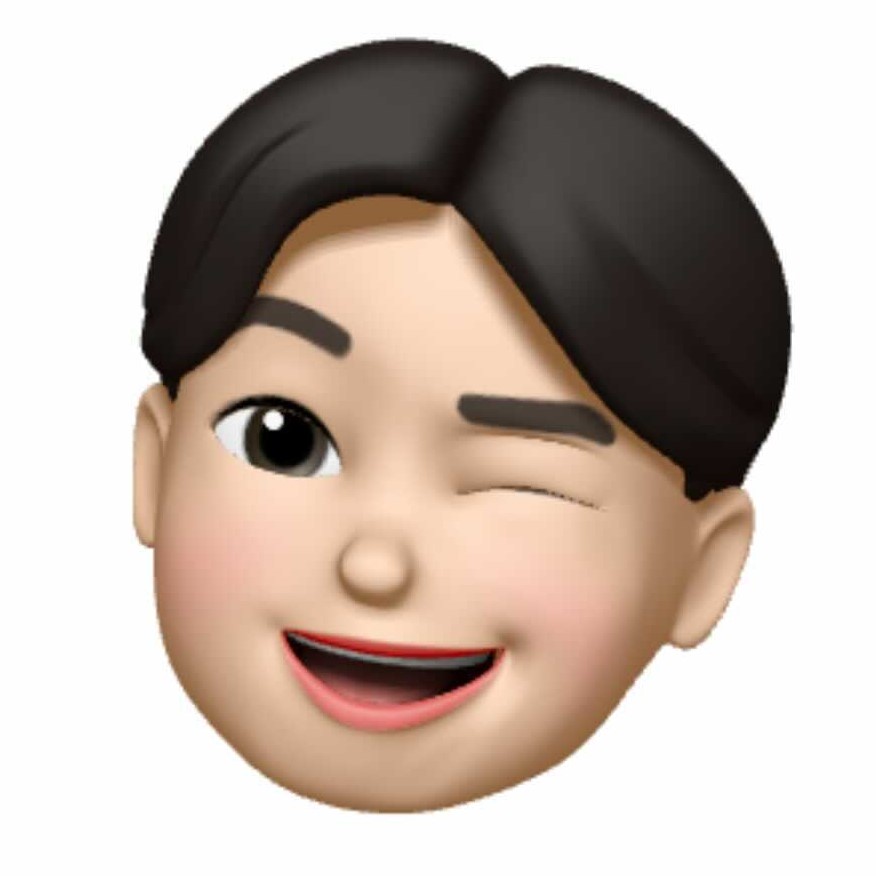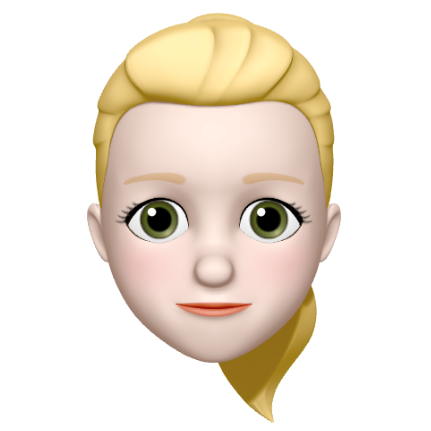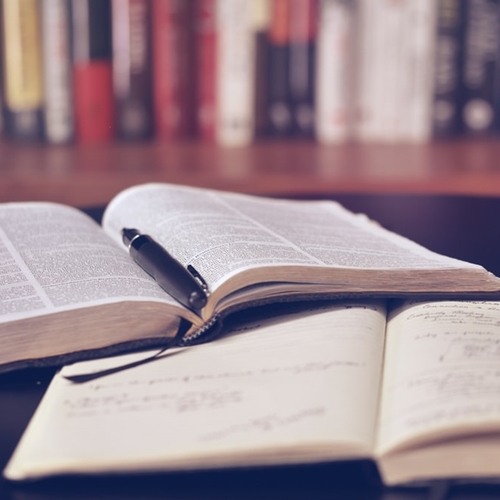
Studying a language as an adult is not a simple task. It can be made even more difficult depending on a few factors such as how many phonemes your native language and the language you are learning share and of course the similarities or dissimilarities in grammar and vocabulary. All of that being said there are probably at least a few general strategies that work well to learn a language as an adult.
The most important thing is input and the active listening of that input. It’s important to familiarize yourself with the gestalt of what the language sounds like or tends to sound like when spoken by people you would like to communicate with or sound like. Listening to the flow of the language and not being surprised by its intonation or rhythm is important to have as a base so that you can better pick up the data contained therein much more easily as your studies progress. It might be useful to be able to distinguish between the various phonemes and be able to produce them accurately before you even begin to learn the language seriously. Having this as a base will make the storing and usage of the new language much easier.
With regards to input, you should be able to try to organize what you are hearing into distinct and accurate patterns in your mind. These patterns are of course related to the grammar of the language but in actuality your brain will choose the most efficient way to acquire its ways of communication, including a mastery of grammar, if you force it to. These patterns might be complete skeletons of set phrases or just simple sentences. Building from basic blocks to more complicated blocks is useful for many intellectual pursuits.
Familiarizing yourself with more and more of the language such as through vocabulary, example sentences, music, TV shows, movies, etc. as well as working hard to actively organize that data in your mind as you learn it is key. Giving priority to terms and patterns you hear often is recommended. Practicing with the terms and creating original sentences and having those sentences scrutinized by a native speaker or teacher and studying your corrections seriously should be done as much as possible.
Finally the most important thing is sleep and physical activity. Without regular high quality sleep it will take much longer to learn anything at the deep level required for effortless output and recognition. Physical activity is also a very useful thing to pair with studying, as your brain is more primed to receive and store new information when it feels it might be related to the physical world and three-dimensional space. You don’t have to study and exercise at the same time but if studying is done after exercising you might have much better luck storing the information. If you do enough physical activity it will also contribute to deeper sleep, which also helps a lot.
Ivan
Vocabulary
phoneme (n) - different units of sound in a specific language
familiarize (n) - to make known or well acquainted
gestalt (n) - the general quality or character of something
scrutinize (v) – to examine something carefully especially in a critical way
ネイティブ講師と話すならこちら!
英語学習をフルサポート!
マンツーマン&コーチングの英会話教室









